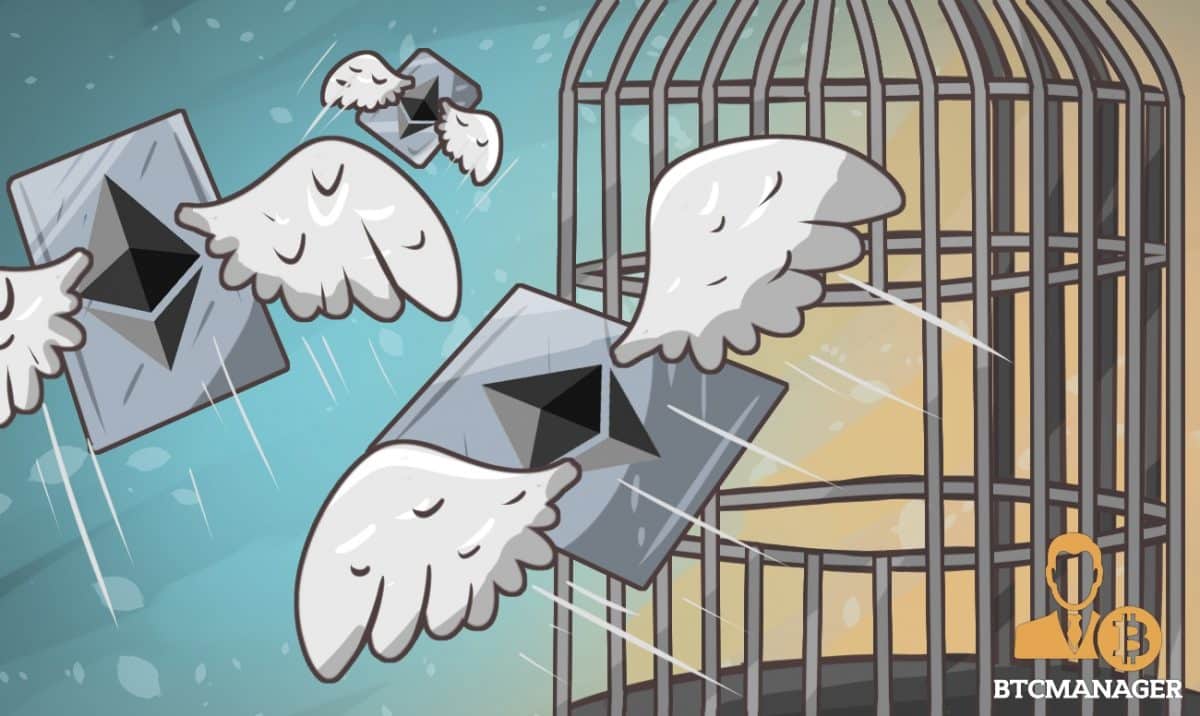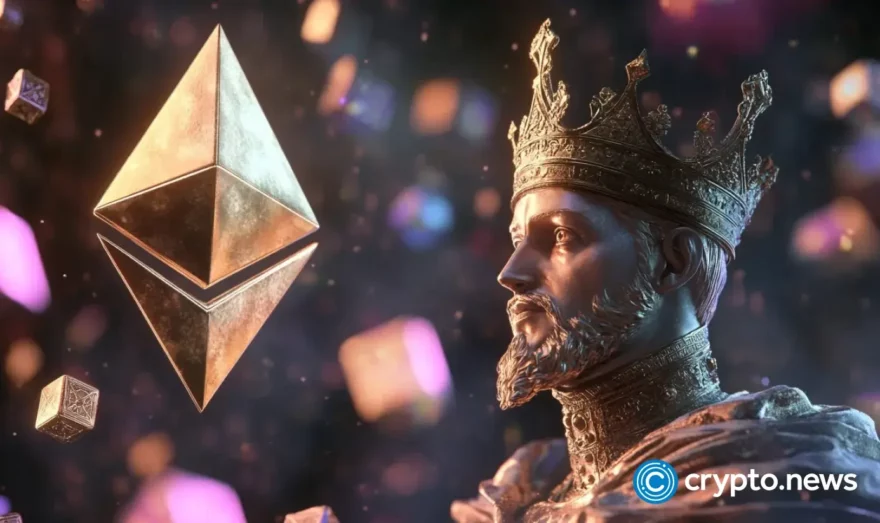Ethereum Foundation Considers Get Out of Jail Free Cards For Lost Funds

A proposal, called “EIP 867: Standardized Ethereum Recovery Proposals,” is making many members of the Ethereum community concerned. The idea behind the proposal is to create a framework that would clarify and normalize the process of recovering lost funds on the network. The problem is, doing this could destabilize Ethereum, negate immutability by making transactions possibly reversible, and even cause legal ramifications for developers.
Millions of Dollars Lost
Regarding the Parity wallet bug, over $400 million worth of Ether has been effectively lost. Since then, the company has been trying desperately to come up with a solution to recover the funds, but have so far been unsuccessful. They have even asked for a hard fork similar to the one that occurred back in 2016.
The upcoming proposal could potentially allow for Ethereum transactions to cancel out the effects of hacking, poorly written contracts, and possibly even perform a chargeback. The truth is, however, no one quite knows exactly what will happen if this proposal passes. While some may argue that having such a feature would make the network safer to use, a very vocal portion of the community is adamantly against the proposal.
This proposal leads us to a similar ethical question or debate that spawned what we now know today as Ethereum Classic.
Code Is Law, or Is It?
When speaking of Ethereum, the phrase “code is law” is used to mean immutability or the finality of transactions. One thing that makes cryptocurrency attractive is that it does not suffer from what’s known as a chargeback.
A chargeback typically occurs when someone uses a stolen credit card to make a purchase online or in person. When the person who owns the card discovers the charge, they can report it to their bank as fraud and the retailer ends up with nothing.
With cryptocurrency, all transactions are final. This immutability can be something of a double-edged sword, however. Humans make mistakes, and in the world of cryptocurrency, such errors can cost a fortune.
As the argument on Github grows, for those who are against the proposal, they are being told by some to switch over to Ethereum Classic. This is because the hard fork exists under the ideology that everything should be immutable. All transactions, intentional or not, must be permanent.
The primary network has received the majority of the growth in the last two years following the split. Ether went from less than a dollar to over $1,000 each. Ethereum Classic’s ETC, while showing steady growth in the last several months, is still less than $50 each. It also currently has fewer real-world use cases so far.
Vitalik Buterin’s Opinion
While Buterin hasn’t been getting deeply involved in this argument, he has made several allusions to his opinion on the subject. Specifically, he believes that undoing transactions should be only available in infrequent circumstances, and also at increasingly smaller rates of occurrence.
To those who thought that the DAO fork set an unbounded slippery slope and lasting precedent, I encourage you to see the reactions on this thread: https://t.co/EvoNKH2nsR
— vitalik.eth (@VitalikButerin) February 16, 2018
This is because some argue that Ethereum is still quite a new technology. Therefore mistakes like the Parity wallet are inevitable. And while Ethereum Classic supporters like John Hoskinson believe that mistakes like this are essential for the growth of the platform (including the permanent punishment of the loss of millions of dollars), Buterin seems to believe that at least a few of these mistakes may deserve a get out of jail free card.
It is doubtful that the network would institute a broad and widespread way to undo the loss of funds. Moreover, such an amendment could open Pandora’s box and lead to widespread demands of the return of lost funds due to hackers, scams, and fraudulent ICO’s.
For this reason, the Ethereum foundation would be wise to approach the subject with great caution.














